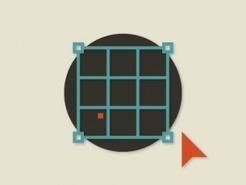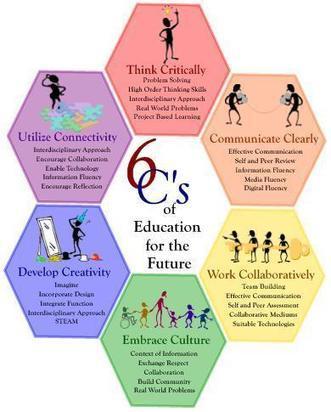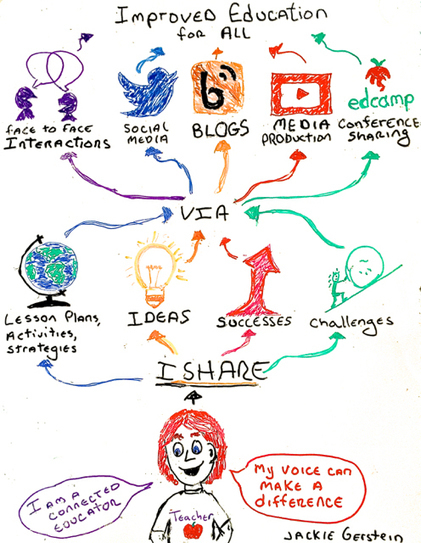This easy-to-use Microsoft Word rubric template -- created by Cait Camarata, Edutopia's visual designer -- can be modified to suit your own needs. It is also available in Google Docs format. Read about some of the elements of well-designed rubrics in the associated post: "4 Easy Tips and Tricks for Creating Visually Engaging Rubrics."
Learn more:
http://www.scoop.it/t/21st-century-learning-and-teaching/?tag=rubric
Via Gust MEES



 Your new post is loading...
Your new post is loading...


















This easy-to-use Microsoft Word rubric template -- created by Cait Camarata, Edutopia's visual designer -- can be modified to suit your own needs. It is also available in Google Docs format. Read about some of the elements of well-designed rubrics in the associated post: "4 Easy Tips and Tricks for Creating Visually Engaging Rubrics."
Learn more:
http://www.scoop.it/t/21st-century-learning-and-teaching/?tag=rubric
This easy-to-use Microsoft Word rubric template -- created by Cait Camarata, Edutopia's visual designer -- can be modified to suit your own needs. It is also available in Google Docs format. Read about some of the elements of well-designed rubrics in the associated post: "4 Easy Tips and Tricks for Creating Visually Engaging Rubrics."
Learn more:
http://www.scoop.it/t/21st-century-learning-and-teaching/?tag=rubric
This easy-to-use Microsoft Word rubric template -- created by Cait Camarata, Edutopia's visual designer -- can be modified to suit your own needs. It is also available in Google Docs format. Read about some of the elements of well-designed rubrics in the associated post: "4 Easy Tips and Tricks for Creating Visually Engaging Rubrics."
Learn more:
http://www.scoop.it/t/21st-century-learning-and-teaching/?tag=rubric